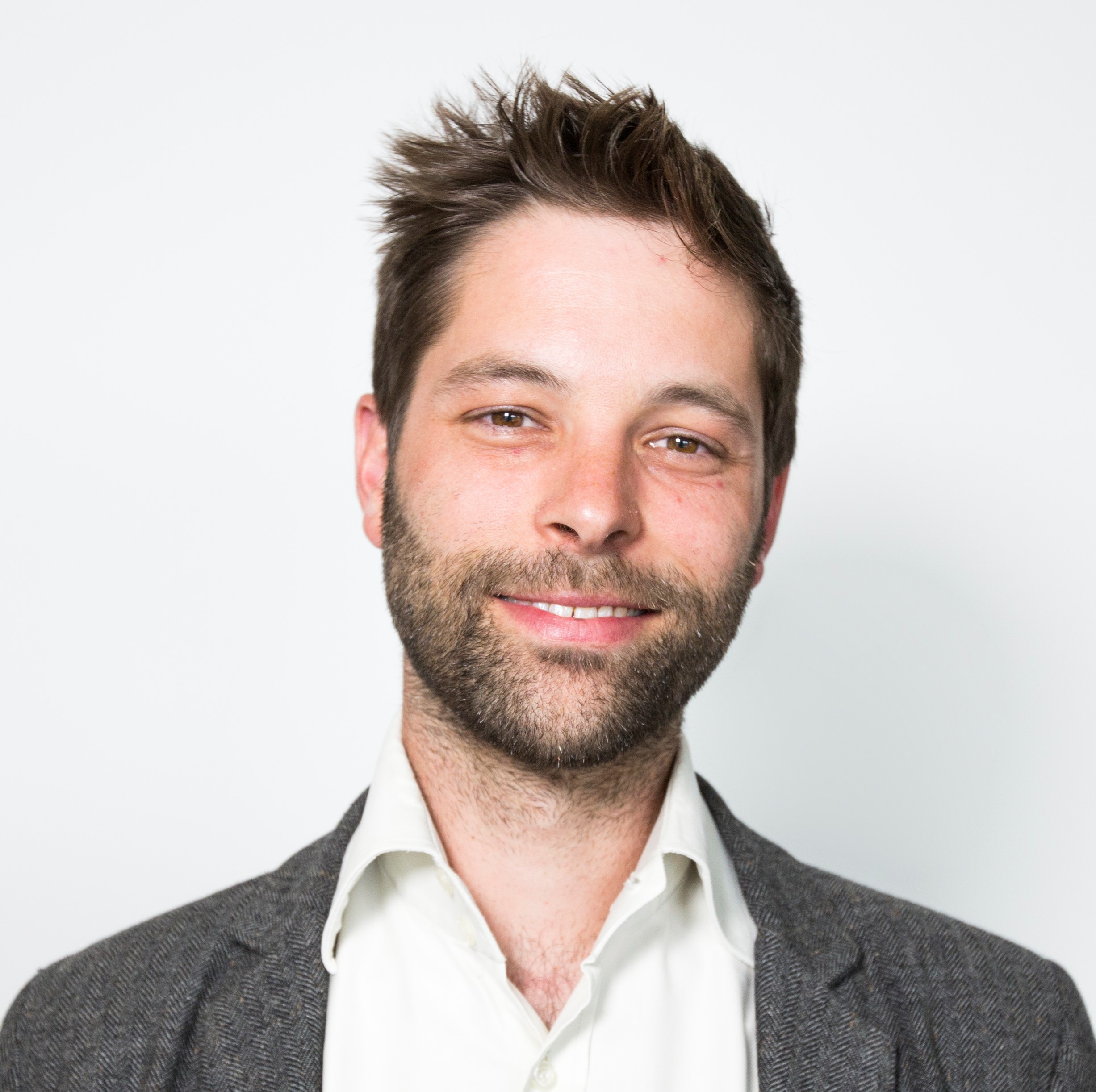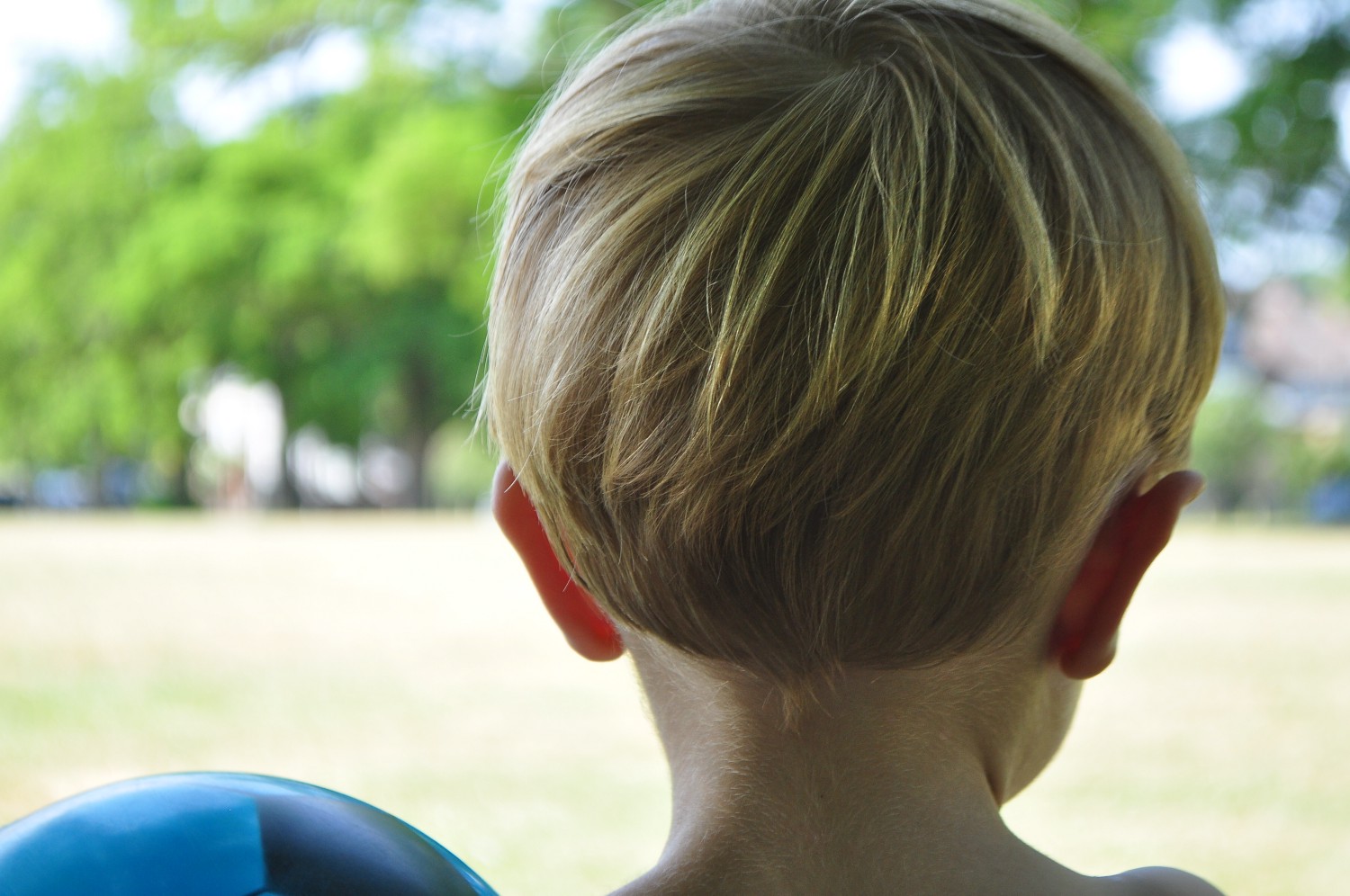Our eldest always used to scream when we put on suncream, saying it burnt. When we were at the beach he’d get incredibly wound up about the sand, and we’ve passed on quite a few t-shirts and tops that he said were itchy.
It took us a while to realise that his experiences were different to ours. That his reaction was in response to his real physical experience, not cries for attention or trying to be difficult. Now we know this, we look back at points in his early years with a tinge of guilt. He couldn’t communicate what he felt and it didn’t occur to us that his sensitivity to physical stimulus was different to ours. Hot car trips, with him screaming in his car seat for hours, were down to his intense discomfort in hot weather. Summer holidays are now carefully planned.
The official label for this heightened sensitivity is Sensory Processing Disorder (SPD). The brain deals with sensory inputs differently from the norm. As with many things, it’s a spectrum. Our experiences are at the minor end, a notch above normal, so we’ve never brought this label up. Labeling can fast lead to self-fulfilling prophecies. In this case, things which are going to do more harm than good. Especially as the disorder is far from being fully understood, despite being identified in the 1970’s.
Where our unhelpful reaction comes from
It’s hot, we’re going out, the suncream needs to be put on. Our son refuses. The unhelp knee-jerk reaction used to be one of two options:
- Up the discipline in response to the defiance. This just results in an argument.
- Give in, because we want to avoid the fight. In reality, this just means push the problem 15 minutes into the future.
This combination of parental responses is something many are only too familiar with. They come from being 100% in the moment. A lot of the time this presence is sought after, something we envy our kids for. When it comes to challenging situations, we get sucked in to the moment and forget to step back and see the bigger picture. To remember what’s really important.
The source of a better reaction
Our job as parents is to help them learn, and to learn ourselves. From this perspective, the situation itself reduces in importance, how we approach it and what comes out of it changes.
This new perspective often leads to us backing up a little and talking about what’s going on and why. Putting parent and child on the same side trying to overcome a challenge they now share.
In the suncream case, it’s conversations about how best to stop him getting burned. With his help we’ve finally found a suncream that works. Having this rational conversation with him only started working when he was able to have it — the ability to think rationally typically develops around five or six. Before then, a combination of long sleeve tops, hats and bare minimum suncream did the job. The objective was to protect him from the sun, the cream was only one way of doing it.
Why the bigger picture reframe works
This reframe around the bigger picture of living and learning together means the situation itself isn’t the fault of the child. Nor a power struggle with parents leaning on age, size or a sense of assumed hierarchical importance.
Families don’t have org charts for good reason.
Parents are there to set boundaries and safeguard their children from age-inappropriate experiences, yes. But we are not there to set strict rules that don’t give our child any responsibility, developed sense of self, or opportunities to learn.
As one dad I interviewed said –
Being a dad means creating the right conditions.
Originally published at www.beingdads.com which documents the search for what it means to be a great dad by an ex-angry dad.


